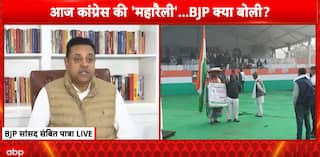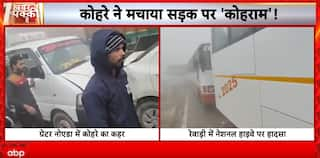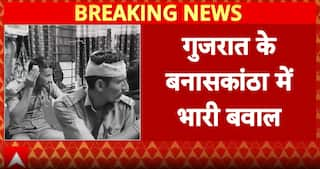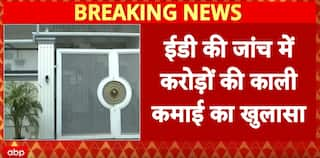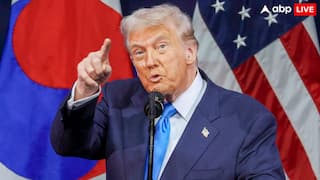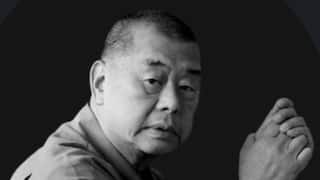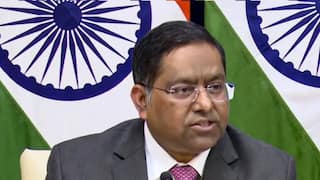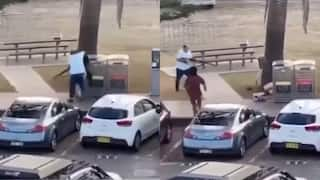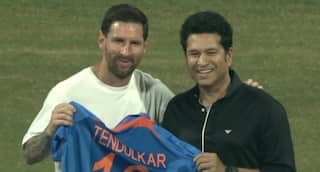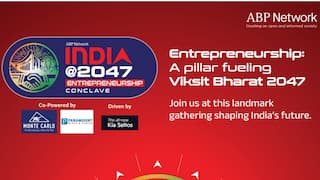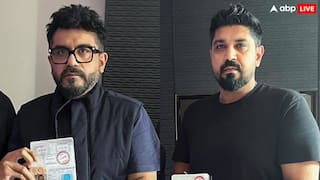CJI Sanjiv Khanna Says No To Oral Mentioning For Urgent Matters, Asks Lawyers To Write E-Mails
"No oral mentioning, send by emails or written letters," CJI Khanna told lawyers on his second day in office.
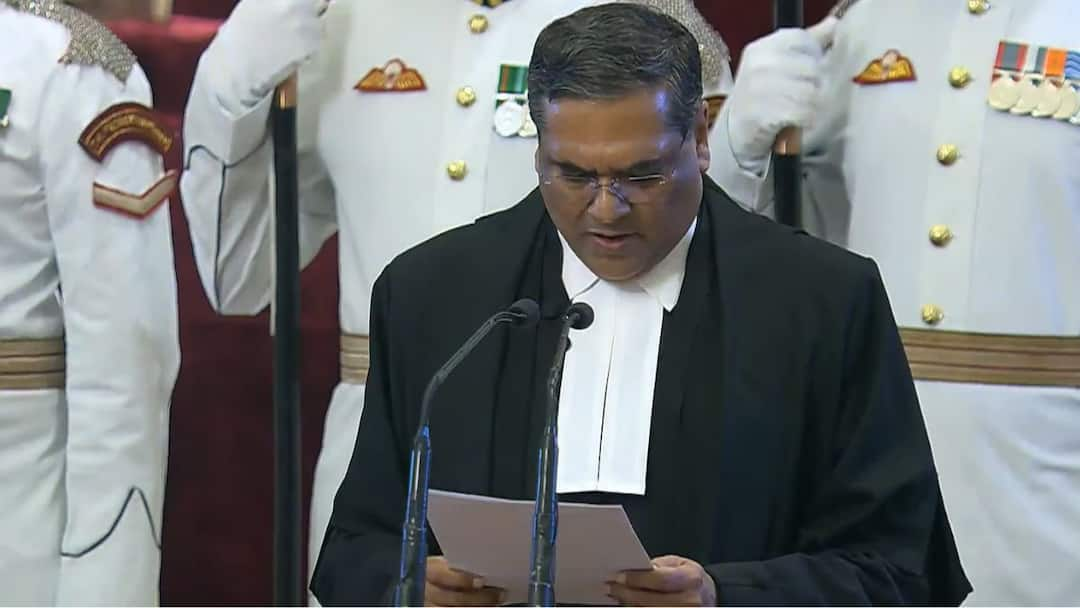
The newly appointed Chief Justice of India (CJI) Sanjiv Khanna on Tuesday said that he would not entertain oral mentioning of matters for urgent listing. CJI Khanna asked the lawyers seeking urgent listing to write letters or send e-mails with requests for urgent listing mentioning the reason of urgency.
"No oral mentioning, send by emails or written letters," CJI Khanna told lawyers on his second day in office.
On his first day as the CJI on Monday, Justice Khanna heard 45 cases and thanked lawyers and bar leaders for wishing him well.
CJI Khanna took the oath in English "in the name of God". He was administered oath by President Droupadi Murmu on Monday (November 11). Vice President Jagdeep Dhankhar, Prime Minister Narendra Modi, Defence Minister Rajnath Singh, Union Law Minister Arjun Ram Meghwal and former CJIs Chandrachud and J S Khehar were among those present on the occasion.
Born on May 14, 1960, CJI Khanna will serve on the post six months and demit office on May 13, 2025 up on attaining the age of 65.
Justice Khanna’s judicial career spans over four decades. He enrolled with the Bar Council of Delhi in 1983 and started his practice in the Tis Hazari district courts of Delhi before advancing to the Delhi High Court. He studied law at the Campus Law Centre, Delhi University. After graduating, he enrolled as an advocate with the Bar Council of Delhi in 1983.
Before being elevated to the Delhi High Court in 2005, he served as senior standing counsel for the Income Tax Department and as standing counsel for the National Capital Territory of Delhi. After being elevated to the Delhi High Court, he became a permanent judge in 2006.
Landmark Verdicts by him includes constitutionality of the electoral bond scheme, validity of 2019 abrogation of Article 370, the challenge to efficiency and authenticity of electronic voting machine (EVM) and VVPAT counting, Decriminalisation of Adultry, AMU Minority Status, Criminalisation of Tripple Talaq, Supreme Court's power to directly grant divorce under Article 142 and more.
He succeeded Justice DY Chandrachud who demitted office on Sunday.










